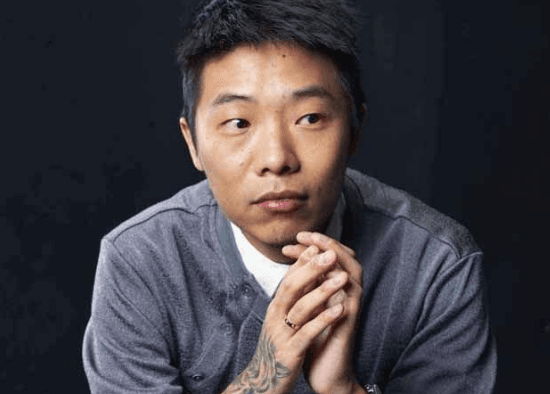Mao Kankan, a successful entrepreneur who was once hailed as one of China’s top four young IT talents, killed himself on Jan. 24. He was 34.
Taiwanese newspaper Liberty Times reported that he died in his home after leaving the gas stove turned on. He did not leave a suicide note. Prior to his death, his company had encountered financial trouble.





